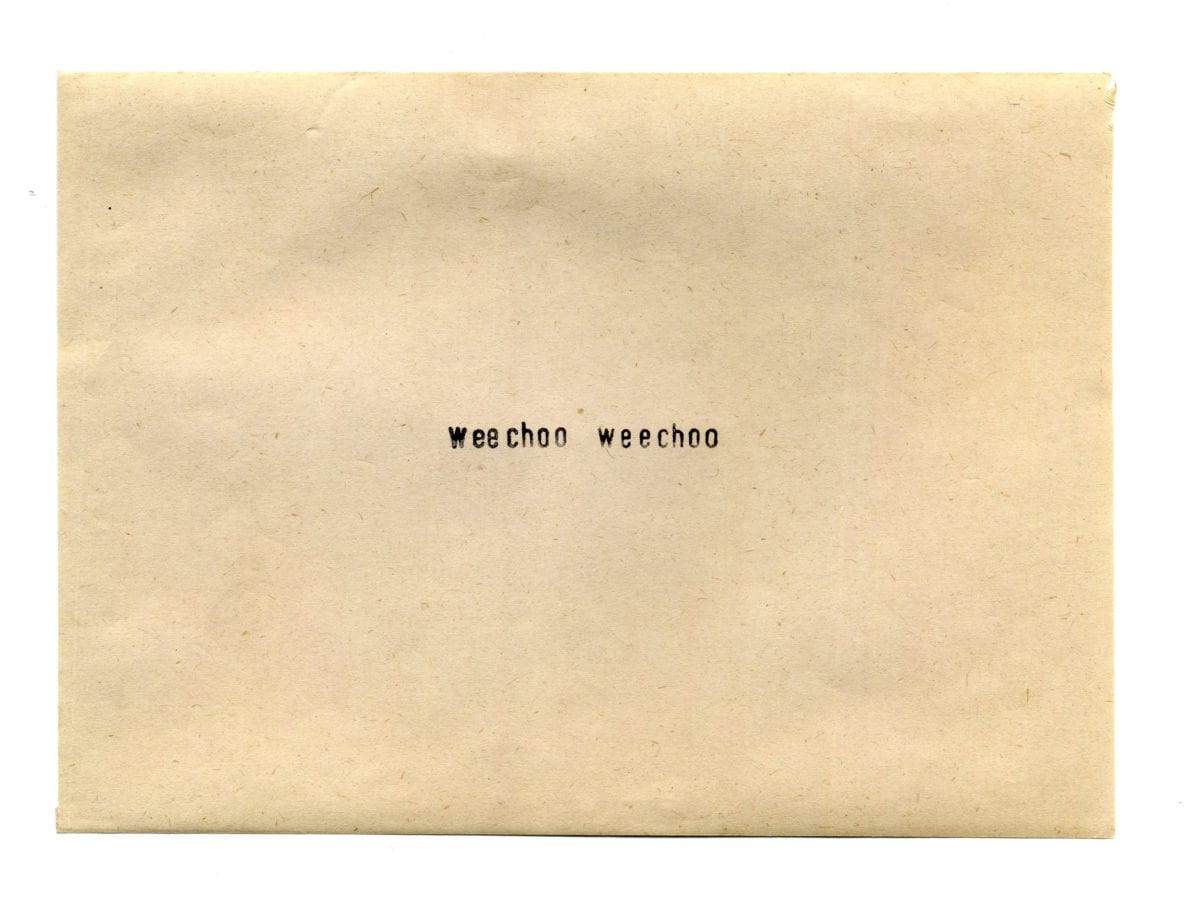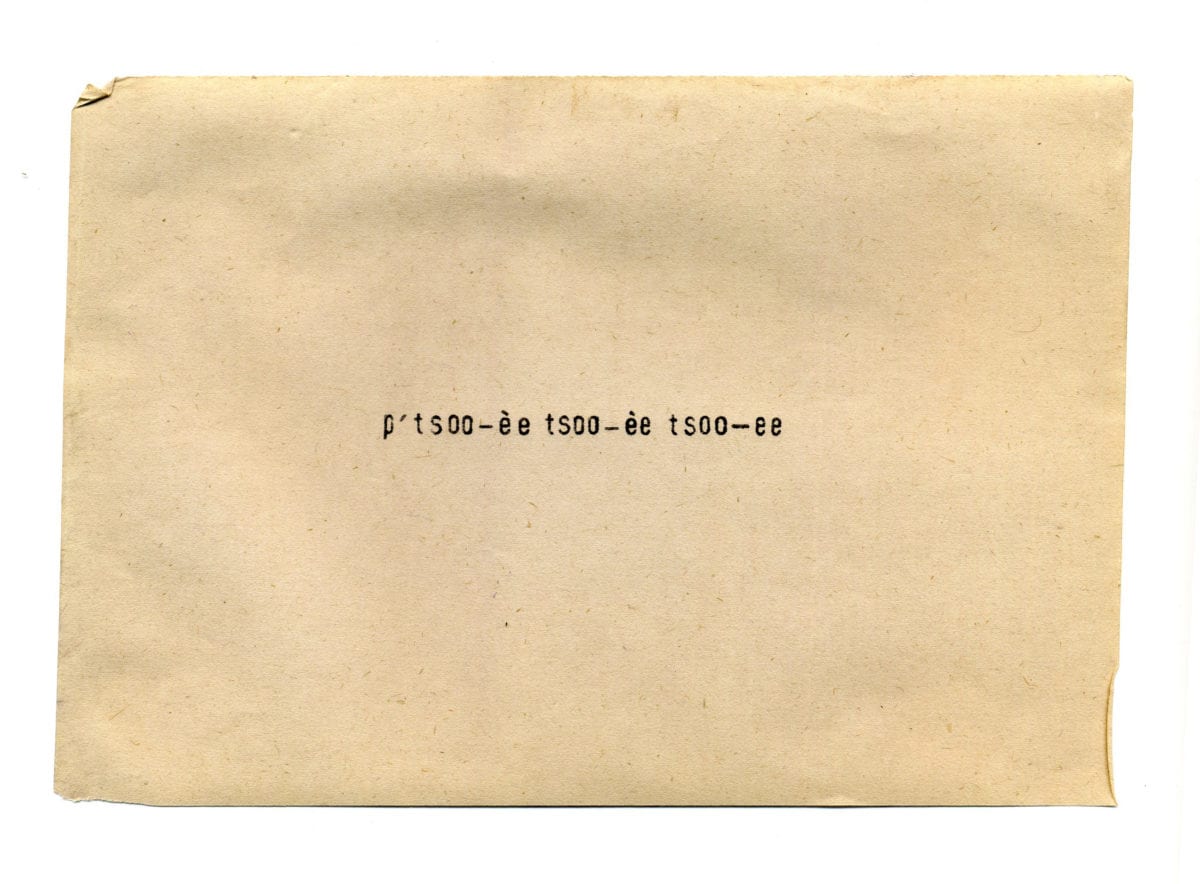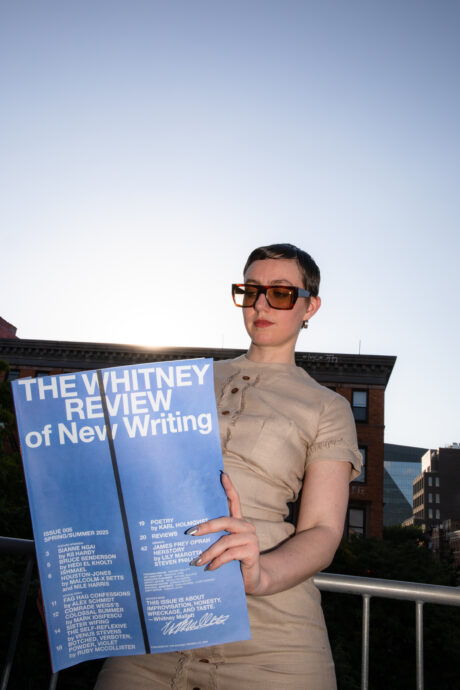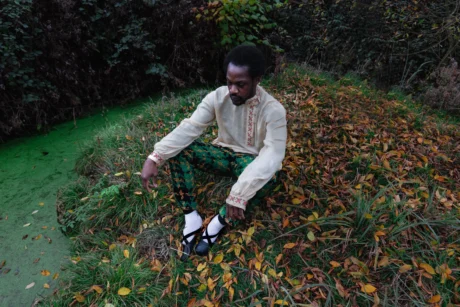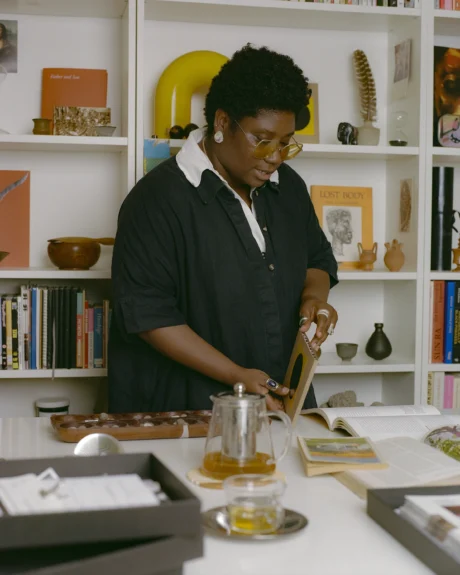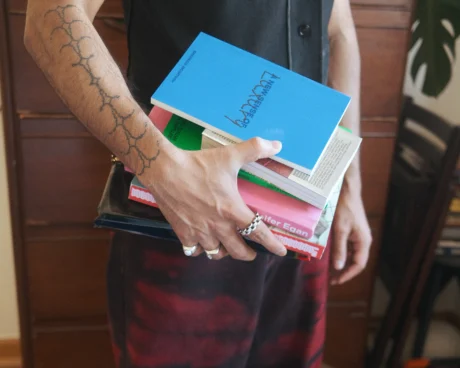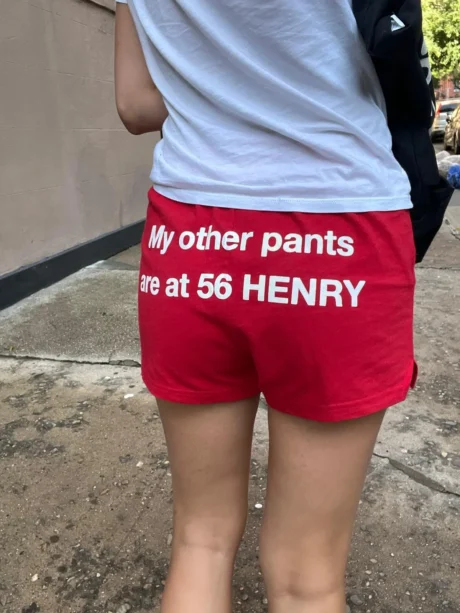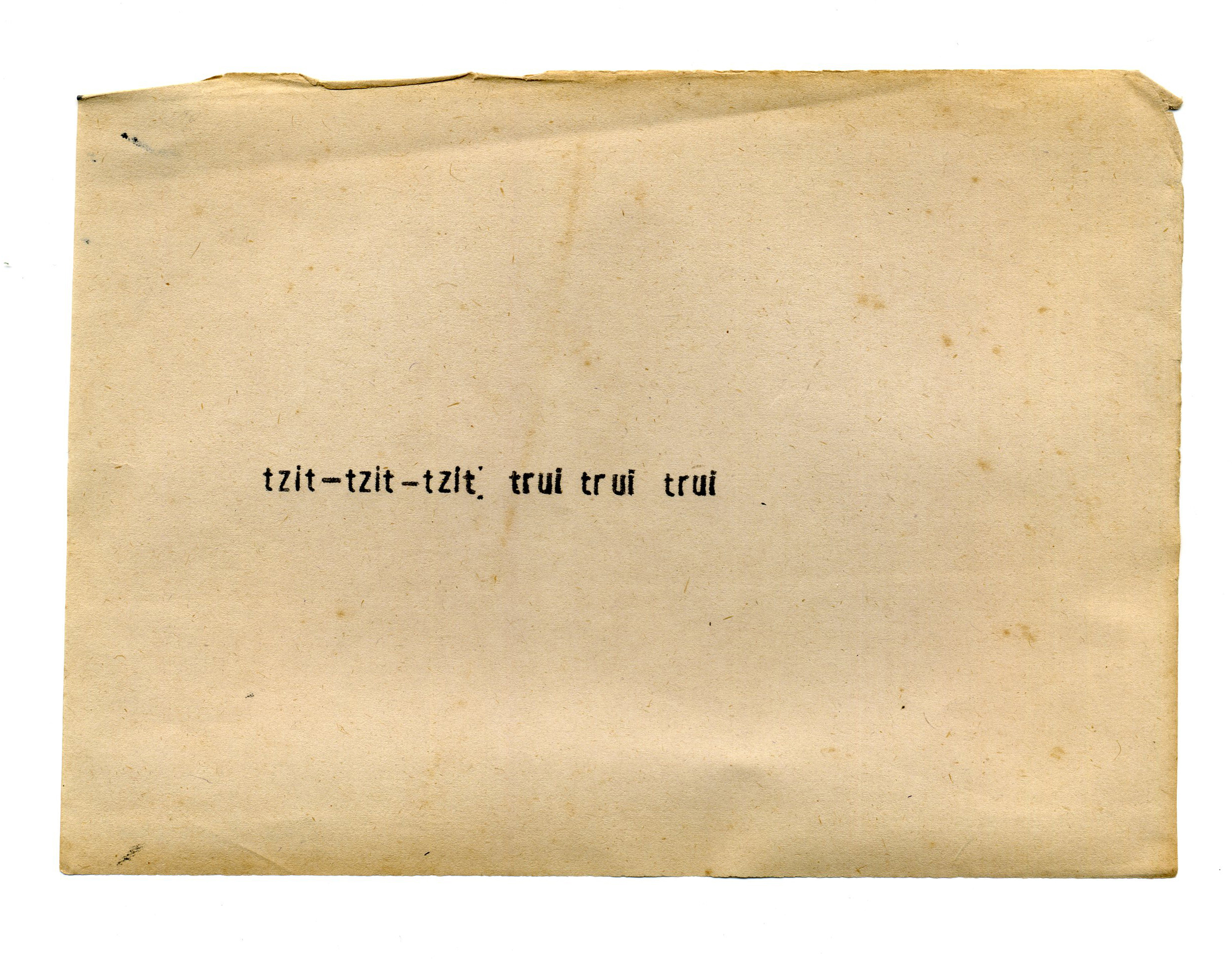
“Class,” wrote Raymond Williams in his 1976 treatise, titled Keywords, on the vagaries of the English language, “is an obviously difficult word, both in its range of meanings and its complexity in that particular meaning where it describes a social division.” Growing up in Merseyside, however, while I’d been peripherally aware of my background (confirmed beyond doubt when, in secondary school, one teacher informed us that “terraced house equals working class”) I’d been largely unconcerned. It had never really seemed an issue—I went to university, read the right books, listened to the right bands and watched the right films. Well into adulthood, class was something that I tangentially belonged to rather than found myself hindered by.
Things changed once an interest in visual art became something more serious for me in 2011, with the launch of The Double Negative (TDN), an online publication dedicated to arts criticism & cultural commentary with a focus on the North-West. Going to private views and exhibition openings, I began to meet people who were very friendly, solicitous even, but were intrigued by my accent: “Are you Irish?” they’d often ask. At times (and it seems laughable to say it now), I felt weirdly exoticized.
- Courtesy Rebecca Chesney
“Going to private views and exhibition openings, I began to meet people who were very friendly, solicitous even, but were intrigued by my accent”
Last year, after much umming and ahing, hand wringing and conversation with peers and with my partner (and co-founder of TDN, Laura Robertson), we published a strand of articles under the title Class IS A Big Deal. The series set out to elucidate the problems faced by working-class people when trying to access and sustain a career in the arts—whether that be writer, artist, administrator, or whatever. We were very conscious of the fact that, although this was something that had begun to be discussed quite widely, you’d very rarely hear directly from people who have first-hand experience of the issues, challenges, barriers and concerns that can loom so large; namely, networks, opportunity, perception, self-image, time, confidence and money—or a lack thereof.
A number of experiences had informed my thinking on the issue. These things didn’t happen in isolation, but they stick out as significant markers for me. Until last year I worked (for five years) at a large UK arts institution. On my first day in the job, a colleague told me it was nice to hear a local accent in the office. At first, I took this as a friendly welcome; but soon, it was obvious that—friendly though it was—it was also a loaded comment. The implication being that I was one of just a few. Around the same time, I saw a work by artist collective Common Culture (from their series Tips for Artists) in an exhibition at the Bluecoat in Liverpool. Mimicking gallery interpretation in its presentation, it reads:
“Regional accents (which effectively means working-class accents) can be problematic, but also quite attractive. If you have one, you already know the problems it can cause, but moving into the art world will heighten this even more. Middle-class posh, and upper-class very posh, for whom privilege is the norm, populate and dominate the art world. They exude confidence, dress well and tend to be louder and more domineering in conversation. They are also able to act as if they know each other even if they have never met. A lot of the best artists are working class. You do get working-class curators with regional accents, but they tend to be in galleries attached to libraries.”
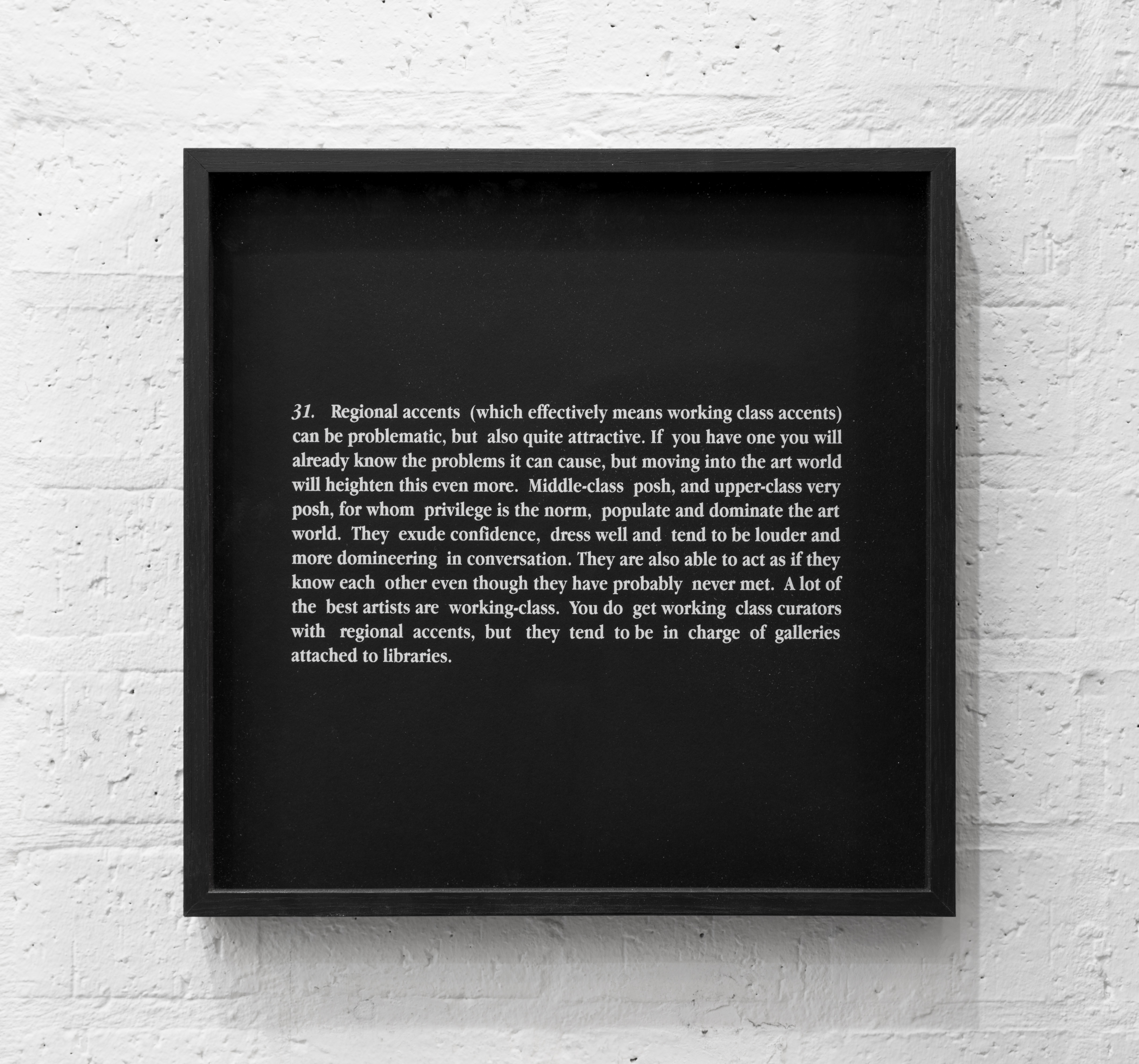
These words ring truer than ever in 2019; just last year, Create London and Arts Emergency published their study, Panic! Social Class, Taste and Inequalities in the Creative Industries. The findings showed the percentage of people in the arts with a working-class background to be just 18.2 per cent. Fundamentally, this confirmed what we already knew, if only anecdotally. It was also a signal for change, with issues relating to access and acceptance in the visual arts finally being highlighted—even as they seemed more pressing than ever.
I reached out to co-author of the Panic! report, Dr Dave O’Brien, who argues that “… the seemingly closed system, of a middle-class workforce providing for a middle-class audience, has few incentives to change. There doesn’t seem to be enough demand from funders, nor from audiences, aside from a general sense that things must get better. Given that career success is about major structural barriers including pay, the housing crisis, institutional sexism and racism, and many other issues, goodwill won’t be enough to disrupt the system.”
“The findings showed the percentage of people in the arts with a working-class background to be just 18.2 per cent”
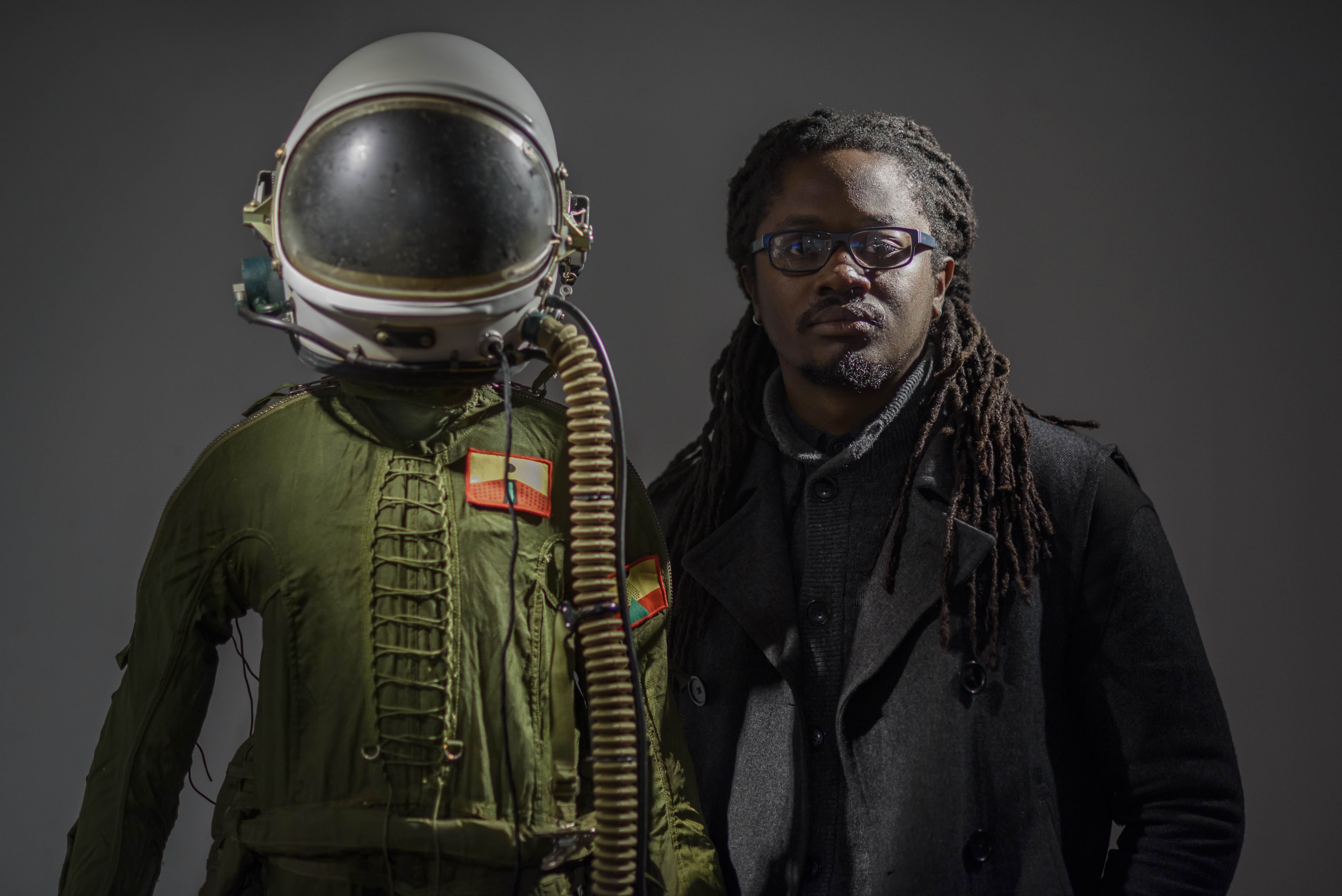
London-based artist Larry Achiampong agrees, and I asked him about the various possibilities for those looking to access a career in the arts from different backgrounds. His response was to “reimagine the art scene through different ‘versions’ of realities as prospective artists who have gone to art school”. His depiction, he admits, is simplistic, but difficult to argue with. “Reality A, you come from wealth and have money from your trust fund or family. Everything is calm. Reality B, you come from a background where your family are moderately able to afford things like university education, and so they’ve been able to help support you financially. You may get government loan support too.”
“Reality C, you have no money to your name, you don’t come from any of the financial realities A or B provide, however, you are able to get a government loan. Reality D, you’re from poverty and you just have no way in; as a result, there’s no entry whatsoever to university. It isn’t even a question.” The likely outcomes? “Even if people from all of these realities are working really hard, busting their arses off, realities A and B are most likely going to be a-okay in the sense of having a career in the art scene and thriving. So, when I hear people talk about this idea that we’re on an ‘equal playing field’, well, that’s just nonsense, it is complete and utter nonsense. This, like so many scenes, is a game—and the highest bidder usually wins.”
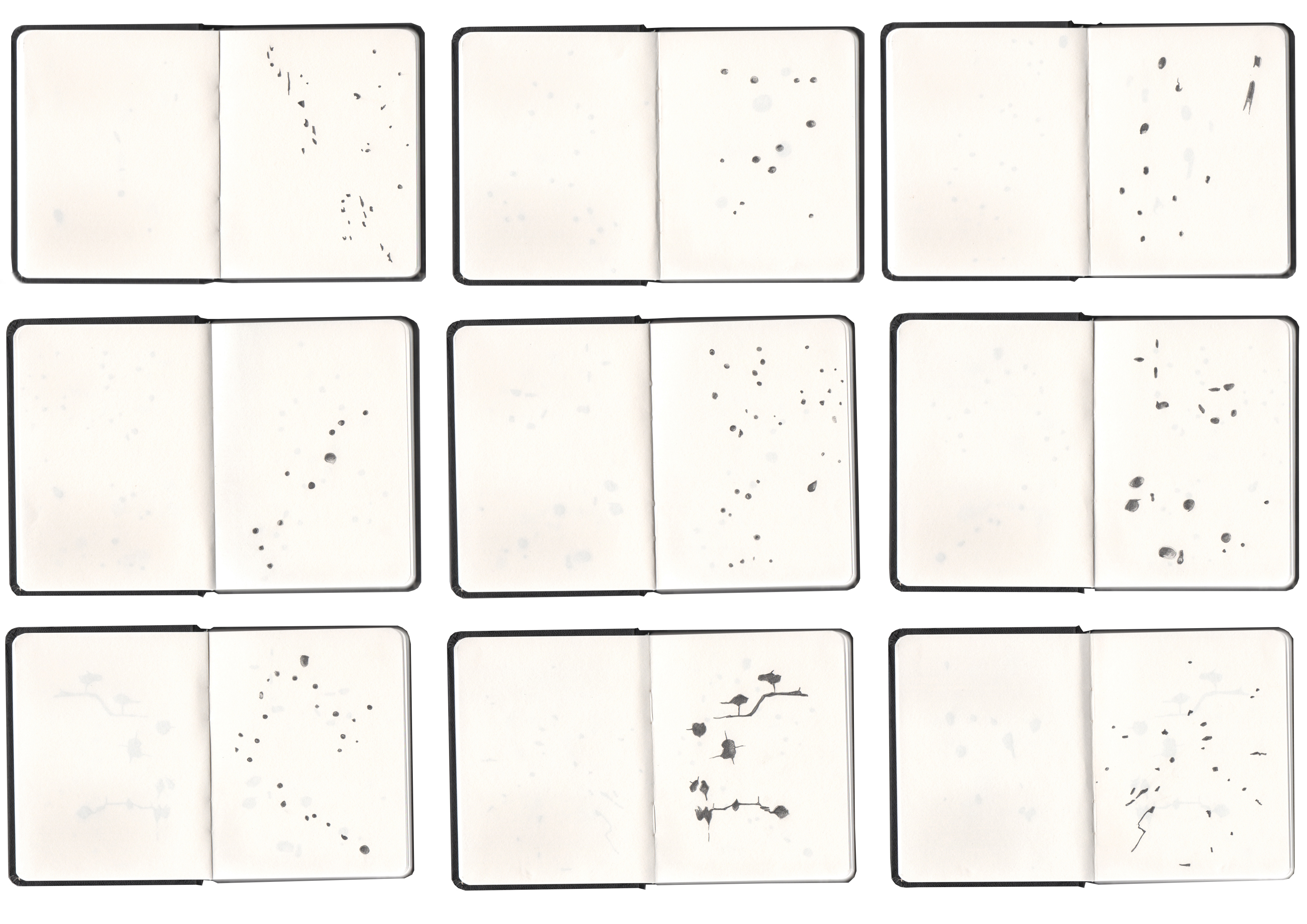
Rebecca Chesney, an artist based in Preston, echoes some of these grim assessments: “[Art is] a profession that keeps saying, if you’re good enough and work hard enough then you’ll get wherever it is you want to be. But this is simply not true. And I’m thoroughly sick of it. I’m sick of the privilege, snobbery and barriers within the industry I am trying to work in.”
Earlier this year, Chesney convened Art & Class: Is Everyone Welcome?, a symposium that offered the chance to hear about the inequalities within the visual arts and why these matter. She explains that it gave her “the opportunity to invite particular speakers to talk about their own experiences and try to pick apart the intricacies of this really difficult subject. Tackling all this in one evening was ambitious, but is part of a bigger conversation that is vital if we want the arts to be truly open to all.” Providing platforms for conversations to be had and for solutions to be proposed is a start, and self-mobilisation is essential if things are to improve: platforming these discussions is an essential first step.
“The art world, like so many scenes, is a game—and the highest bidder usually wins”
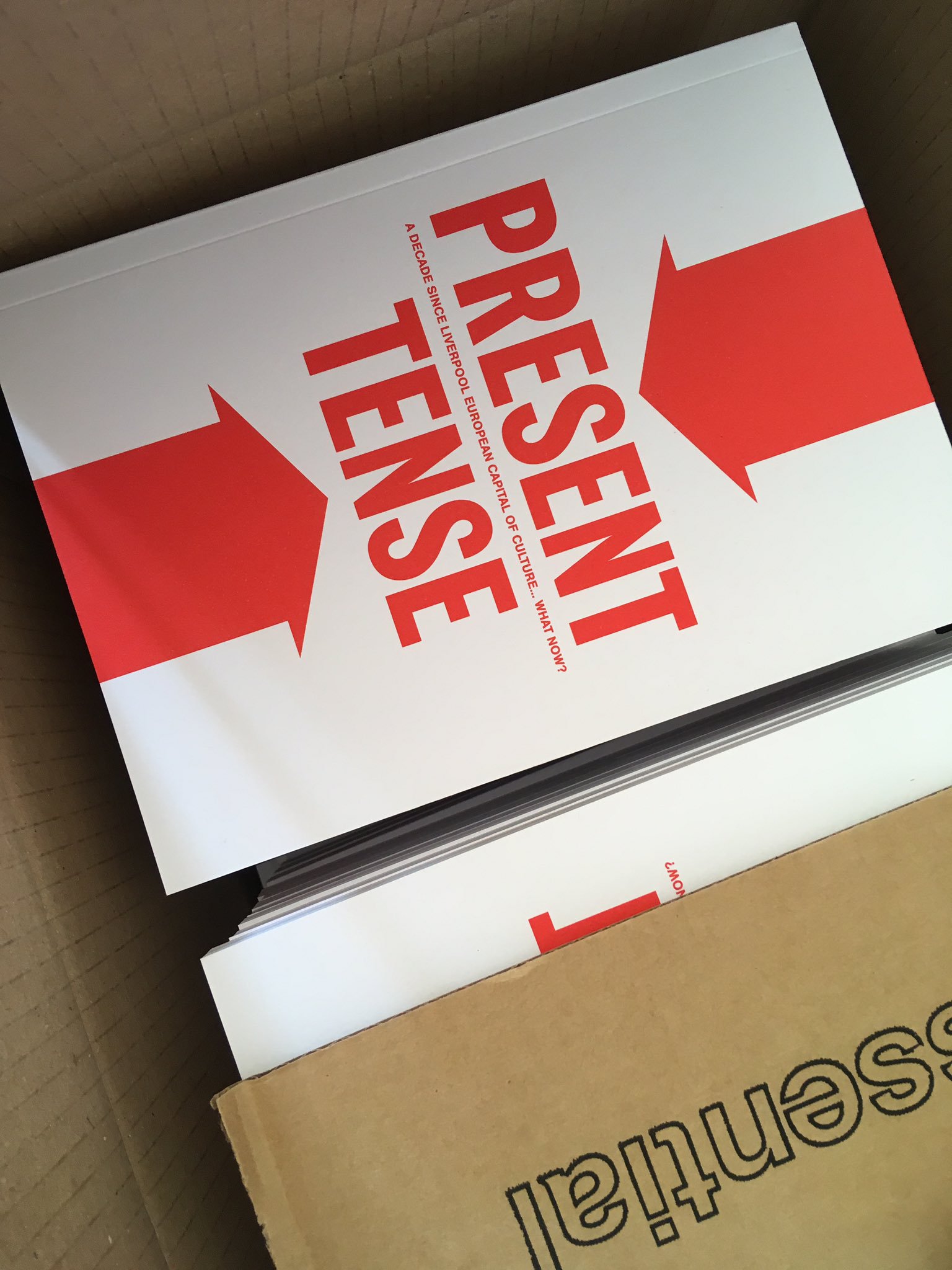
Action is required too. This time last year, we announced our first TDN fellowship, whereby three writers—dubbed “New Voices from the North of England”—who we thought had hit an artificial ceiling in their career, who lacked access to key networks rather than talent, were selected to be paired with established writers (Stephanie Bailey, Oliver Basciano and Ellen Mara De Wachter). We wanted them to be mentored, but also to receive encouragement to break through the barriers they were encountering. Each—Jacob Bolton, Denise Courcoux and Ellie Wiseman—has since appeared in national and international publications, while we have just launched a brand new publication, Present Tense, an offshoot of the fellowship that collects together new writing; it features contributions from both mentors and mentees. Small victories.
